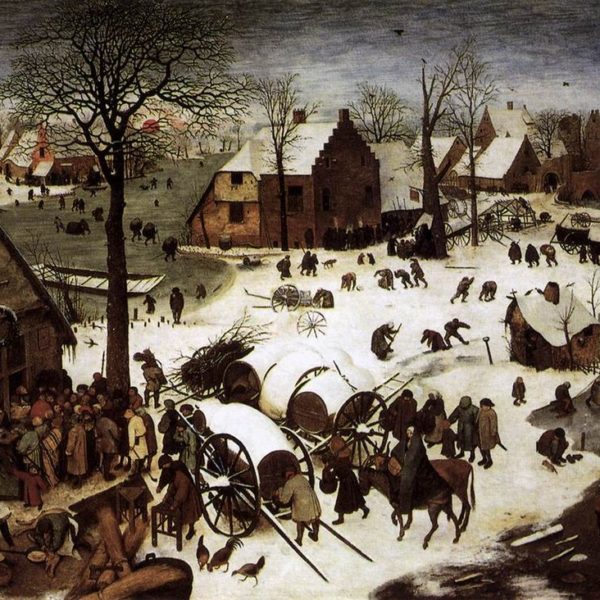
True hospitality is not simply about offering occasional charity or gestures of kindness but about dismantling the structures that prevent full participation in community life. It requires courage to challenge entrenched systems of exclusion and to imagine social bonds not as transactional exchanges but as expressions of shared humanity.

The messianic banquet imagined by the Jewish sages nurtures attitudes of respect, blessing, recognition, and wonder. These comportments converge in humility, an earthbound ethic that we practice together, through speech, action, and the work of dwelling.

In this hymnic account of Jesus’ person and mission, his preference for and service to others becomes a paradigm for faithful human existence. God’s solidarity with the human race discloses the truth of both power and freedom.

The only true way to achieve success—even success in bringing justice to those who seek it, redistributing wealth towards the poor, and divesting oppressive hierarchies of their power—is to place our faith in God’s will for the world, and to follow God’s will for our lives, no matter where it leads.

Jesus’ description of the scribes and the Pharisees in Matthew 23 provides us with an illustration of the corrupting effects of hierarchical power structures. Given the pervasive and entrenched character of such structures, escaping their perverse dynamics is easier said than done. Nevertheless, we are not left without means of resistance, perhaps the first of which are actions and words through which we make the unseen visible.


